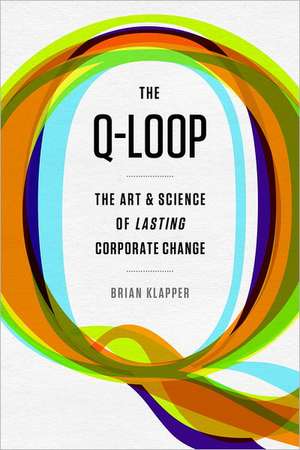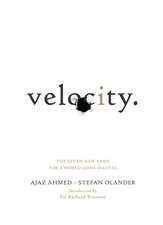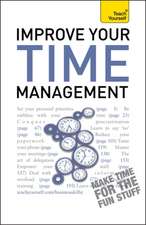Q-Loop: The Art & Science of Lasting Corporate Change
Autor Brian Klapper, David Bedarden Limba Engleză Hardback – 13 iun 2013
Preț: 180.43 lei
Preț vechi: 216.63 lei
-17% Nou
Puncte Express: 271
Preț estimativ în valută:
34.52€ • 36.14$ • 28.57£
34.52€ • 36.14$ • 28.57£
Carte tipărită la comandă
Livrare economică 05-19 aprilie
Preluare comenzi: 021 569.72.76
Specificații
ISBN-13: 9781937134525
ISBN-10: 1937134520
Pagini: 238
Dimensiuni: 152 x 229 x 20 mm
Greutate: 0.54 kg
Ediția:New.
Editura: Taylor & Francis
Colecția Routledge
Locul publicării:Oxford, United Kingdom
ISBN-10: 1937134520
Pagini: 238
Dimensiuni: 152 x 229 x 20 mm
Greutate: 0.54 kg
Ediția:New.
Editura: Taylor & Francis
Colecția Routledge
Locul publicării:Oxford, United Kingdom
Public țintă
Professional and Professional Practice & DevelopmentCuprins
Foreword, Acknowledgments, Preface, Introduction, Part 1 Entering the Q-Loop, Part 2 Going Around the Q-Loop, Part 3 Exiting the Q-Loop, Final Thoughts, Endnotes, Index
Descriere
The business environment has never been more fast-paced and competitive. Survival, let alone success, depends on an organization's ability to recognize possibilities, innovate, implement change, and sustain that transformation. Yet a paradox exists. How does an established organization filled with long-time employees, a deeply entrenched culture, and a history of drawn-out planning and development cycles become nimble, innovative, and responsive?






